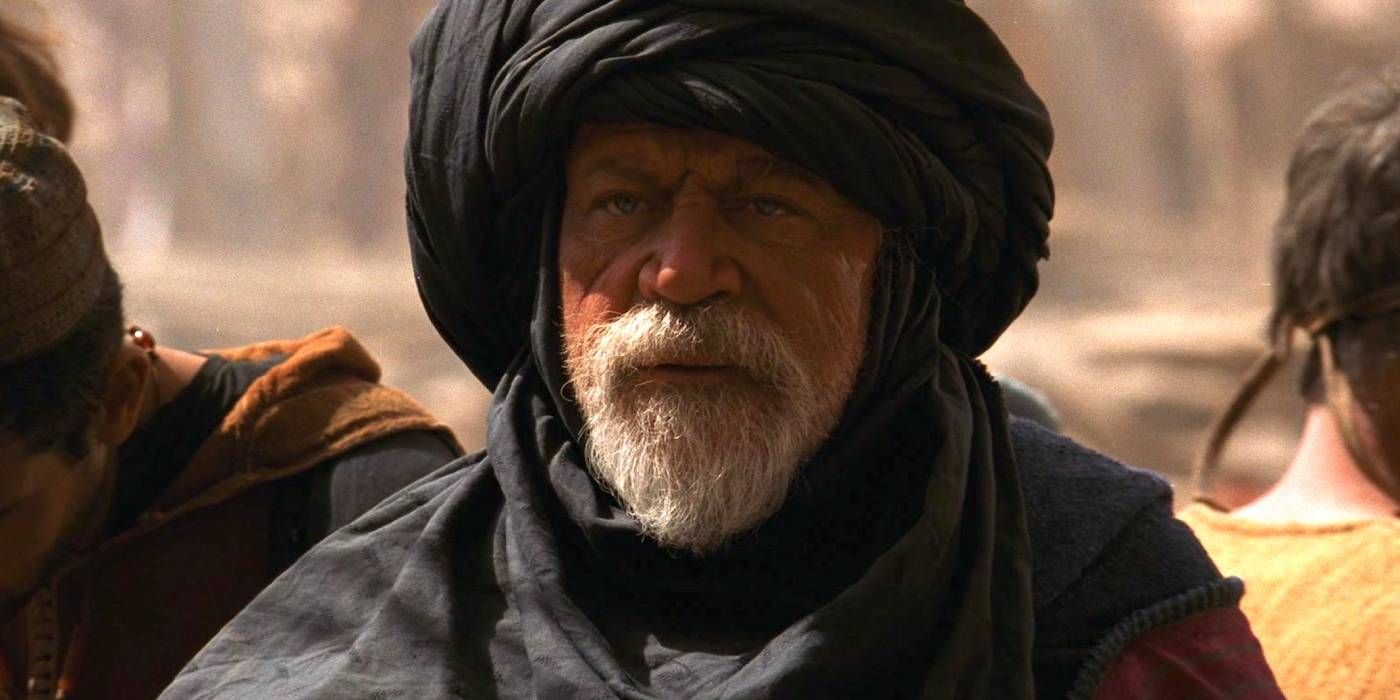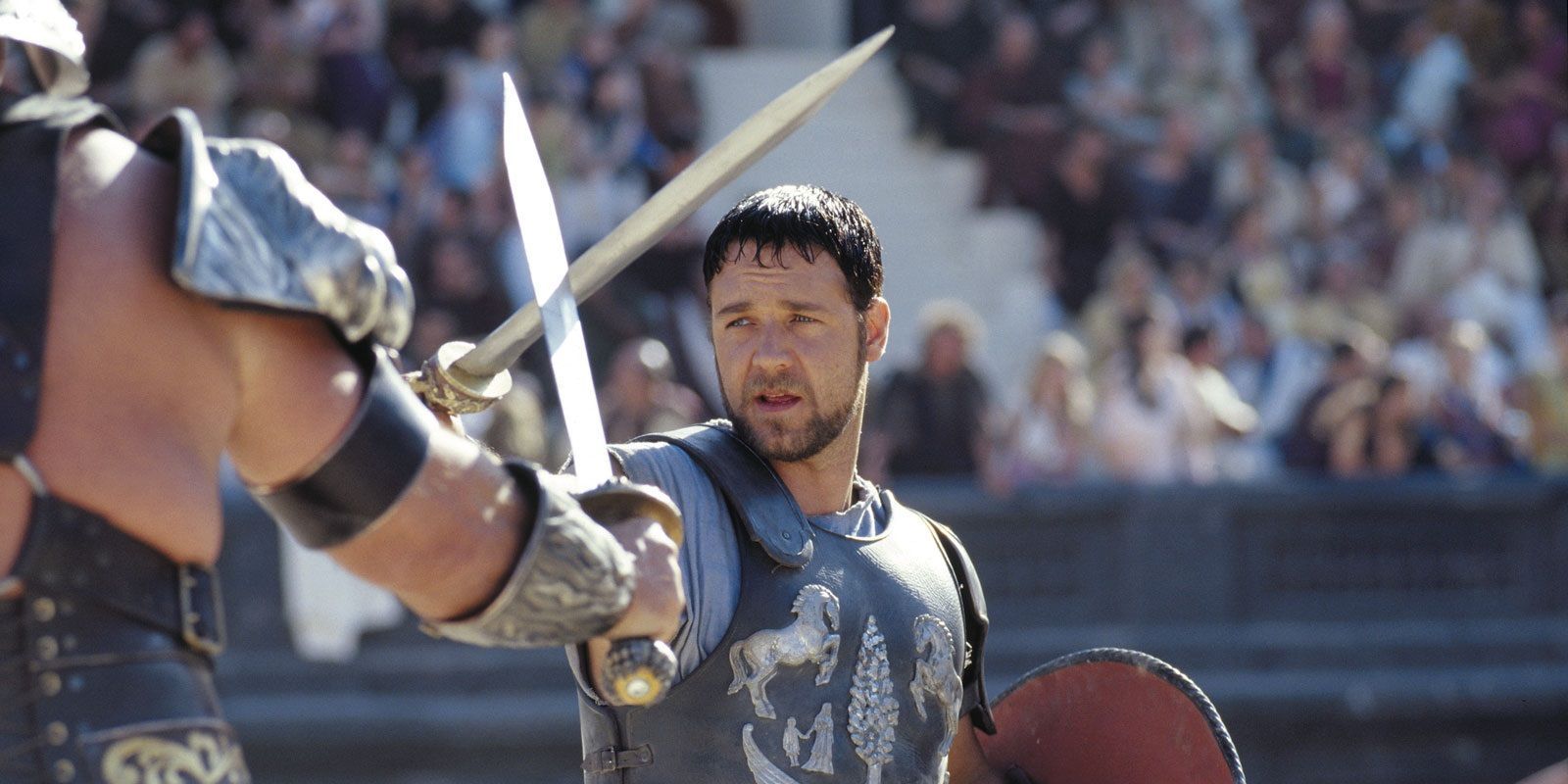Gladiator’s director’s cut adds more weight to Proximo’s gladiatorial advice to Maximus, improving the movie as a whole. One of the biggest box office hits of the year 2000, Gladiator follows Roman general Maximus Decimus Meridius (Russell Crowe) as he's handpicked by the dying Emperor Marcus Aurelius (Richard Harris) to become the next Caesar. This leads Marcus’s envious son Commodus (Joaquin Phoenix) to kill his father and order the execution of Maximus and his family.
Maximus escapes, but he is sold into slavery and becomes a gladiator in Zucchubar, quickly building a reputation as “The Spaniard” for his skill in the arena. While the crowd delights in Maximus's battles, his owner, Proximo (Oliver Reed), takes exception to how easily Maximus triumphs over his opponents. While this part of the story is present in both versions of the movie, Ridley Scott’s director’s cut of Gladiator adds an extra scene not in the theatrical version in order to give Proximo’s perspective more weight.
As Maximus prepares to head into another fight, Oliver Reed's gladiatorial organizer, Proximo, chides, “All you do is kill, kill, kill. The crowd don’t want a butcher, they want a hero. You want them to keep coming back, so don’t just hack them to pieces. Remember, you are an entertainer. So entertain!” This one line gives more impact to Maximus asking the crowd, “Are you not entertained?!” after his victory, and it also adds more to Proximo’s general advice to Maximus.
Proximo Telling Maximus To "Win The Crowd" Has More Weight In The Director's Cut
Maximus comes to learn in the following scene that Proximo is himself a former gladiator, granted his freedom by Marcus Aurelius. In Proximo’s words, “I wasn’t the best because I killed quickly, I was the best because the crowd loved me. Win the crowd, and you’ll win your freedom.” Proximo’s point is that while Maximus's popularity as the Spaniard is growing, accumulating enough adoration from the Roman populace can lead to his eventual freedom. This still holds true in the theatrical cut of Gladiator, but Ridley Scott’s director’s cut improves it with the earlier scene added back in.
In the director’s cut of Gladiator, Proximo is more emphatic that Maximus re-evaluates his role as a gladiator from mere survival to entertaining the audience. Proximo recognizes from his own experience as a gladiator how to turn the situation in one's own favor, and sees the potential for Maximus to do the same, even if Proximo still has a very mercenary motivation for Maximus to “win the crowd." Maximus ends up doing exactly what Proximo advises, but to the end of overthrowing Commodus, with Maximus growing far too popular as a gladiator for Commodus to have him executed. This eventually leads them to face each other in the Colosseum with Maximus triumphing over Commodus before his own death.
Clearly, Gladiator as a movie knows quite a bit about winning the crowd, as the Best Picture-winner stands as a revered historical epic over 20 years later. Still, it is great to have the earlier scene of Proximo’s advice to Maximus included in Ridley Scott’s director’s cut of Gladiator. Maximus takes the advice to heart on his mission to avenge his family, and Proximo’s added scene gives the entertainer’s guidance more of an impact on Gladiator’s story.


